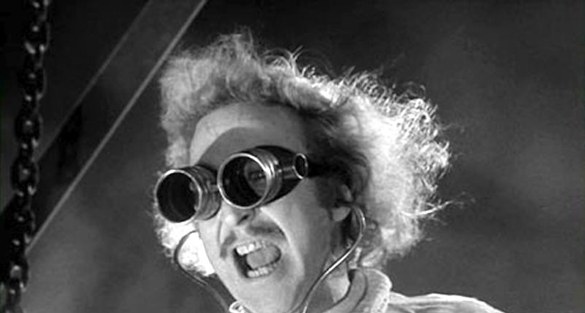01.23.18They Were Skeptical But They Agreed to Try

A Willingness to Experiment is the Sign of a Healthy School Culture
Got an email from a colleague this morning who’s using TLAC techniques in his school. He’d recently come to our “Ratio” training, which focuses on how to make more classrooms where students do the cognitive work and was now doing training and support for teachers back at his school. (If you’ve come to our workshops you know we use the Train the Trainers model–our goal is to prepare you to lead aligned training that’s embedded in the culture and systems of your own school once you get home).
The story he told was quite revealing.
“I modelled a high ratio science lesson,” he wrote, “Lots of writing– write/discuss/rewrite and retrieval practice DoNow). Faces were skeptical.”
The next day, I went to observe a couple of teachers, who had gone home and reworked the lesson they had planned. They gave it 100% despite not being convinced. The lessons were great. The teachers were buzzing at the end, and the students liked it too.”
I love this story because it reveals so much about a successful culture: His teachers were willing to try ideas even if they were skeptical of them. That suggests a culture of trust that probably runs both ways.
A great message from a leader in the face of skepticism is: “If you are successful I won’t insist that you to use something that you don’t think works. I trust you to decide. But I do think it’s reasonable for you to give it a try–a full-effort trial–before you decide it won’t work. So you be willing to run the experiment and I’ll trust your results” (so long as things look good in your classroom). They trust him that they will have appropriate autonomy and he trusts them that they will give the ideas full consideration before they decide.
I also think that just maybe you can build up a larger culture that thinks this way though making this the focus of a series of interactions around feedback. People often say: “Oh that won’t work” or “The students will never do that.” But you never know til you try. So if we can build a culture where you agree to try and i agree to let you decide based on a fair trial it’s easy for me to give you the space to make decisions–it’s an evidence based relationship.
And in my friend’s case it’s doubly impressive because the teachers changed their minds. The trial overcame their initial skepticism and I think that say a lot about them. Lots of people enter a trial not so much looking to learn but looking to have their initial hypothesis proven right. It says a lot about this group of teachers that they let the experiment surprise them.
Perhaps not coincidentally, they were science teachers.
(By the way another thing I love here is writing-intensive lessons in the sciences.)
Finally it makes me happy that the ideas were sufficient to change their minds. I respect skepticism and we often think before our workshops–if we can’t convince an reasonable skeptic that its worth trying then we’re not doing our jobs.
Anyway, thanks to my colleague who sent this in and to all the people who keep my team and me up-to-date how they are using and applying TLAC and Reading Reconsidered material and what they are learning about it.

I love that your focus is on “convince to try” and embraces skepticism, seeks “permission.” And also the emphasis on legit “full effort” trial.